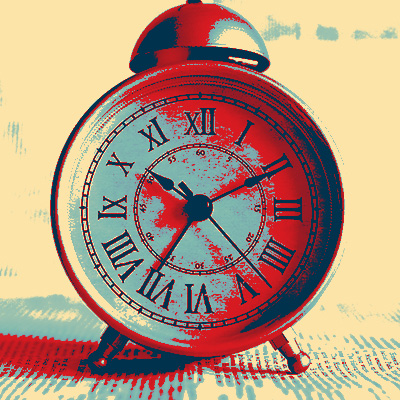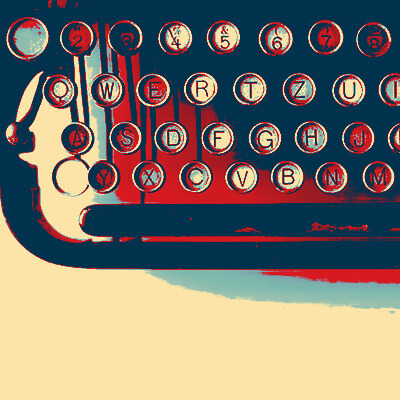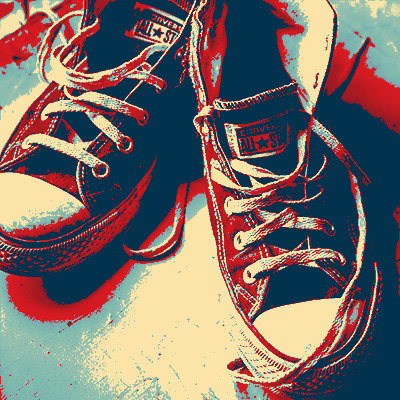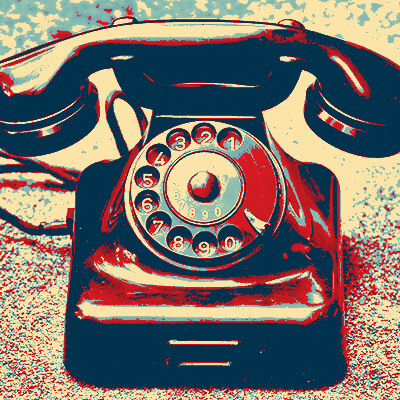GroovyTek has helped me, a 65 year old, learn how to do all sorts of things on my computer that I did not know about before. I had no one else to ask, and they have rescued me. It's so great to have a polite, friendly, knowledgeable person come to my house and teach me. What a wonderful service!
Need Help? Call Us.
877.201.3586
3 Apps To Help Your Parents Stay Safe

Apps can make your life a lot easier. You already know that—from DoorDash to Instagram, they make it easier to socialize, order food, and entertain yourself. But what about practical uses for these apps? They do more than just make things easier. The most useful apps are able to keep your loved ones safe. They can reduce family conflicts, help with communicating information, and even save lives.
If you have elderly parents, you know the challenges you’re facing. And if they’re isolated because of the coronavirus, it’s especially important to stay in contact with them. The elderly, particularly those with pre-existing health conditions, are especially at risk. That means that your parents are probably trying to stay isolated as much as possible. But if that’s the case, you need to be able to track their health.
What are the Risks?
In fact, it might be a risk if you go visit them. If you usually try to check up on your parents, this will be especially hard. What if they fall? What if they live alone? What if they have a tendency to wander and get lost, or forget to eat? This is a lot of stress that you probably don’t need. And since your parents know they’re at risk, the stress of someone constantly checking up on them can cause friction in your relationship.
What else can you do? Luckily, lots of companies have produced safety and independence apps for your parents. Want your parents to get reminders to take their medicine? What if they leave the house and start wandering around? There’s an app to solve each of these issues.
What are 3 Recommended Apps Designed to Help the Elderly?
There are three great apps that stand out from the pack. They’re meant to cultivate independence for your parents while giving you peace of mind.
1) Medisafe Medication Reminder
Medisafe Medication Reminder is one of the easiest apps to use. It’s free to download on both Android and Apple devices. And if both of your parents take medication, this app saves time. You can set up multiple profiles on the app, which makes it great for family medication reminders. You can set it up to send reminders at certain times of the day. The app can track your medication levels, too. It will send reminders to pick up refills, whenever you need them.
2) Philips Lifeline with Auto Alert
If your parent lives alone, or even if one parent goes out for a walk, something could happen. That’s what alert technology is for. The Philips Lifeline with Auto Alert uses technology to connect your parent to a response center. The base station is plugged into the wall, and a help button is worn around your parent’s wrist like a bracelet. Sensors connect wirelessly to that base station. When the sensors detect a fall, the base station contacts 911. If you’re worried about accidental calls, there’s a safety feature. For most of these devices and apps, you have the opportunity to press a button so it doesn’t call. If you don’t respond within a set amount of time, the system will assume you’re unconscious and make a call.
3) Lively
Another great system is called Lively. It’s another sensor-based system that can be placed in a variety of locations. The system comes with website access and sensors that are based on cell phone data. The sensors feed information to the site, depending on what activity you’re trying to capture.
For instance, one user was worried about his parents taking their medication, eating regularly, and getting lost when they go outside for walks or drives. By placing the sensors on the door, their keychain, the microwave, the refrigerator, and their pillboxes, the user can now track his parents’ activity through the data being captured by the website. With this type of approach, it makes sense to have a conversation with your parents. They may want an adjusted approach to the monitoring, so they don’t feel like you’re a prison guard. No matter what type of approach they settle on, it’s important to agree on something that makes use of all the technology we have available.
Call us today at 877.201.3586
to get patient, respectful technology training for your parents.

This Content is for Members Only!
Sign up to become a member and receive instant access. Become a Member Already a Member? Sign In !Client Reviews
I have had two great sessions with GroovyTek and finally I have learned to use my smartphone calendar! I'm looking forward to my next session.
Mary D
GroovyTek did a great job! My trainer was on time, professional and she solved my slow computer. Great job, GroovyTek! I will use your services again.
Marcia F
A wonderful service in every aspect from calling in to set up an appointment with GroovyTek and follow ups as well as the fabulous help, patience and expertise of the tech who came to the house to work with me with my computer issues. I would highly recommend GrooveyTek for all your computer needs! Thanks so much!
Jean G
I have always had the best computers that Apple offered, but the problem was that I never knew how to use them. Thanks to my GroovyTek trainer, my tech skills have increased exponentially and I am feeling more competent and confident with each lesson.
John B
I was so pleased to find GroovyTek. Although I am pretty tech savvy in some areas there are others where I need help. GroovyTek has helped me fill in that gap of information. I made an appointment to help me sync my devices and also help me learn how to organize my photos. The trainer was knowledgeable and able to explain things very clearly.
Natalie W
I think your service is great! I have used it, and I booked 2 sessions for my 83-year old husband who bought himself a new Ipad, but didn't know how to use it. He's been ill, so it was a great help that you came to the house. Thanks for the service.
Susan S
Very pleased with the experience. Knowledgeable trainer who was most helpful. Highly recommend the service.
Michael M
It is comforting to know if you have technical problems there is a Hands On source to get help. These trainers listen to your problems, find solutions and work with you until you understand the solution, their patience is outstanding. This is a great way to not only solve problems but to learn about the ever-changing world of technology; there are class presentations, small group gatherings or one-on-one in your home with kind, friendly, people.
Ingrid S
We have had several help sessions with a GroovyTek trainer. WE could not be more pleased. My trainer takes all our questions and while answering types up his answers so even after he leaves, we can refer to his notes. I would recommend GroovyTek to any of my friends or family without hesitation. BTW, ALL the employees at this firm are extrememly knowledgeable and friendly.
Tom D
I was just delighted and on my way to practice new found skills. My trainer was on time, friendly, knowledgeable, and very patient with this little old lady (age 78). I didn't have to take notes to remember - he recorded it on his tablet and sent me a copy to download so I have my instructions, step by step. So pleased with the service and the follow-up.
Karen M
The trainers are so friendly, and helpful. They certainly have lots of patience and knowledge. They make you feel so comfortable asking questions you would not dare ask your family to show you again how to do. They are always welcome in my home, sometimes I hate to see them go!
Debera F
Excellent help from our GroovyTek trainer. He spent an hour explaining issues that I was confronted with, on my computer, and corrected all my issues and problems. He was concise, knowledgeable and forthright and I will call on him and GroovyTek again whenever I need help and support. I highly recommend GroovyTek services!
Laura M
Dear GroovyTek team, I thank you from the bottom of my heart for this very supportive and beneficial service you provide! I am so grateful!
Loretta J
Very impressed with my trainer’s ability to provide thorough explanations and demonstrations. I have confidence now in knowing how to manage my photos, videos, and documents. I received my money’s worth of valuable instruction.








